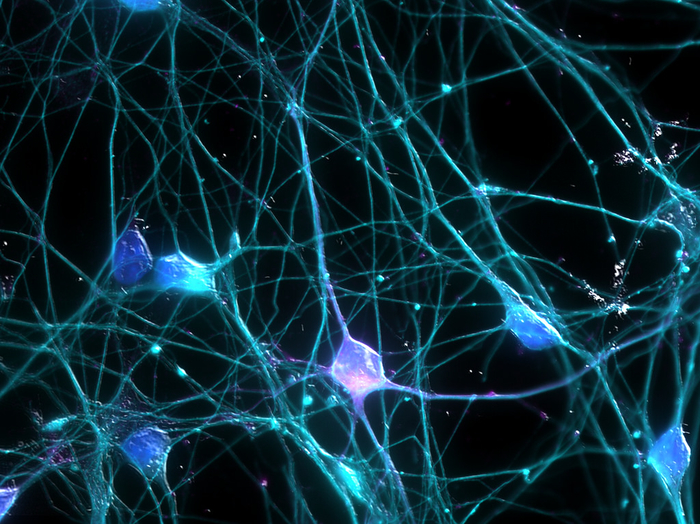The prolonged and severe seizures suffered by those with pyridoxine-dependent epilepsy (PDE) can lead to brain dysfunction and death if not treated. Standard antiepileptic drugs are typically ineffective for people with this rare genetic disorder—instead, they need high doses of vitamin B6 in the form of pyridoxine or pyridoxal 5′-phosphate. But even with this supplementation, people with PDE often have lingering problems, and over 75% experience neurodevelopmental delays.
Although more than sixty years have passed since PDE was first described, and treatment remains inadequate for resolving all the condition’s comorbidities, little is known about the pathophysiology of PDE. This is partially because no animal model has been available to study PDE—until now. In this month’s issue of GENETICS, Pena et al. report that they have generated zebrafish with mutations in the same gene that causes PDE when mutated in humans. This gene, ALDH7A1, encodes an enzyme called antiquitin, which is important for the breakdown of the amino acid lysine.
The researchers used CRISPR/Cas9-based gene editing to alter the fish version of the gene, rendering it nonfunctional. They found that fish carrying two damaged copies of the gene develop recurrent seizures at an early age, just like humans with PDE do. Without intervention with vitamin B6, the fish’s seizures result in death. The fish also have the same biochemical abnormalities as humans with PDE do, including a buildup of toxic lysine byproducts. The researchers also found several other previously unknown biochemical abnormalities in the fish’s brains, which may help understand the disorder.
The fact that these fish recapitulate human PDE so well—at both the biochemical and organismal levels—will make them a valuable model for further studying the condition. Not only are zebrafish commonly used model organisms with a multitude of tools available for manipulating their genetics, they’re also often used in epilepsy research with many established protocols for studying the topic, making them an ideal choice for investigating this challenging disorder.
CITATION:
Pena, I.; Roussel, Y.; Daniel, K.; Mongeon, K.; Johnstone, D.; Weinschutz Mendes, H.; Bosma, M.; Saxena, V.; Lepage, N.; Chakraborty, P.; Dyment, D.; van Karnebeek, C.; Verhoeven-Duif, N.; Vu Bui, T.; Boycott, K.; Ekker, M.; MacKenzie, A. Pyridoxine-Dependent Epilepsy in Zebrafish Caused by Aldh7a1 Deficiency.
GENETICS, 207(4), 1501-1518.
DOI: 10.1534/genetics.117.300137
http://www.genetics.org/content/207/4/1501































